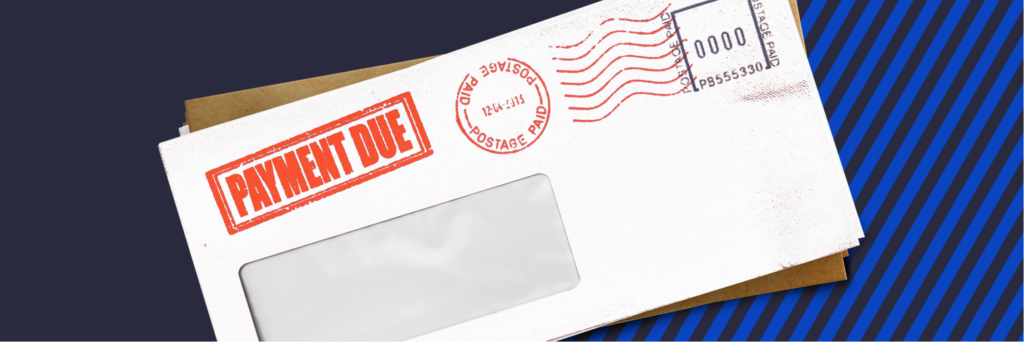We all know that physical fitness is an important aspect of maintaining a healthy lifestyle. However, when was the last time you heard about financial fitness? If you want to be financially fit, here are some of the key habits you need to form.
Have a Rainy Day Fund
You can never predict what’s going to happen. Being financially fit means you’re able to handle the unpredictability of life in stride without stress. An emergency fund can help you protect against that unpredictability.
Many experts say you need to have six months of expenses in an emergency fund. That’s a great amount to have, but it can take a significant amount of time to build. Don’t let that hold you back. Instead, start with a goal to amass $500 or $1,000. That will help you build the momentum you need to reach the six month expense mark and provide you with peace of mind.
Know Where Your Money is Going
Conventional wisdom preaches that you can’t know what you don’t track. This is true about losing weight, achieving fitness goals and achieving financial fitness. If you want to be in shape financially, you need to know where your money is going.
This sounds like budgeting, but it doesn’t have to be a budget. What it does have to include is tracking your spending. Simply write down in some fashion everything you spend. There are various ways to do this, whether it be on paper or through an app on your phone or computer. The method doesn’t matter: it just matters that you do it. This act provides knowledge, which breeds confidence in managing your money.
Protect Your Credit Score
The final major step to becoming financially fit is establishing a good credit score. There are several credit scoring models though they all mainly come down to a few simple things:
- Paying your bills on time every month
- Not using too much of your available credit
- Limiting the number of new credit products you apply for
- Having a history of credit use
There’s one simple reason you want to build a good credit score – it may help you save thousands of dollars over the course of your life. A higher score will typically make it easier for you to qualify for a loan and could result in a better interest rate for personal loans and mortgages. It takes time to grow a good credit score, but it’s well worth it in the long run.
Becoming financially fit seems overwhelming but it doesn’t have to be. With a little work, you can become financially fit and pursue financial independence with confidence.




